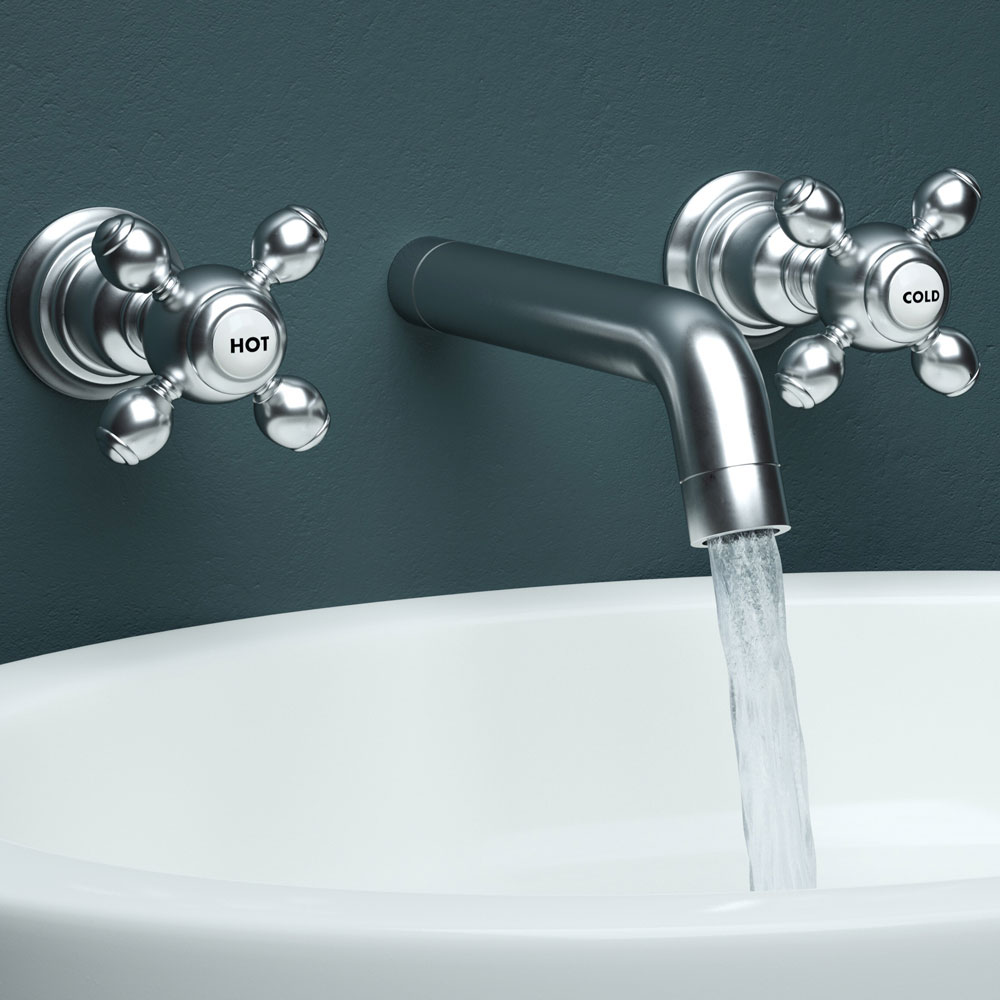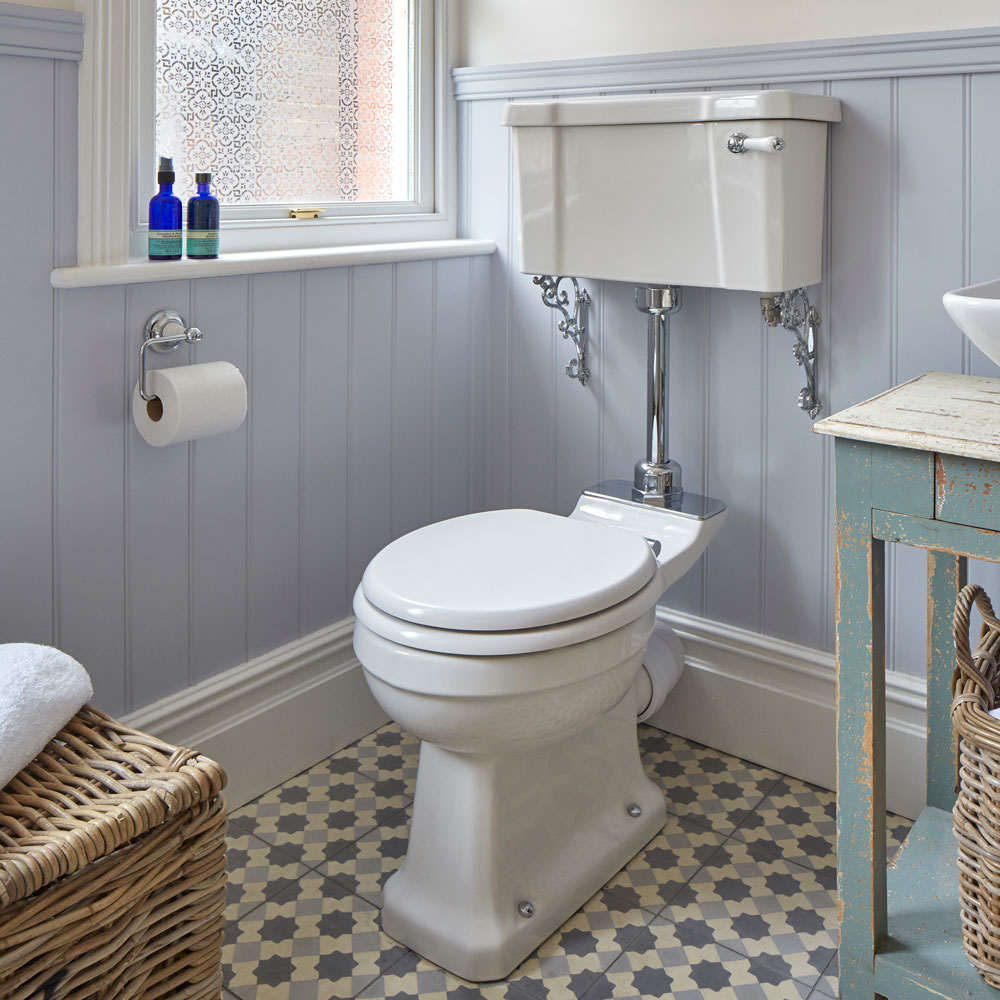Plumber urges those moving home after lockdown to rid pipes of Legionella
He shares a simple method to help protect yourself from the nasty bacteria

Over the last year, lots of us have spent time away from home looking after loved ones in lockdown. But leaving our homes empty can give rise to potentially fatal bacteria in our water pipeline networks.
Related: The most germ infested items in our homes revealed – are we cleaning enough?
Steve Vincent, Head of Operations at Plumbers4U highlights the hidden dangers of legionella festering in our plumbing. We've looked at what it is and how we can prevent it.

‘Lockdown restrictions have changed the living situations of much of the population,' Steve begins. 'Whether as a result of job loss, moving out of cities, or avoiding loneliness, many have moved since the start of the pandemic.’
Some of us have ended up leaving our homes empty for up to a year. ‘With "work from home" recommendations in place for most of the last year, plenty of office buildings have been left unoccupied too,’ Steve adds.
Over time, the unused pipe systems in vacant homes can become breeding grounds for bacteria.

What is legionella?
Legionella is the bacteria behind Legionnaire’s disease – a lung infection that causes a form of pneumonia. It's fatal in 10 percent of cases.
Sign up to our newsletter for style inspiration, real homes, project and garden advice and shopping know-how
The bacteria cling to water droplets and cause flu-like symptoms. It can also cause shortness of breath, chest pain, and a high temperature if inhaled. Pipes that have been left for several weeks can become filled with stagnant water that allows harmful organisms to grow.
Over time, this can form a layer of film, known as biofilm, creating the ideal conditions for legionella to multiply. Shockingly, a potentially life-threatening amount of bacteria can begin to line the pipes in as little as a couple of weeks.
So it's certainly something to be wary of as international travel becomes a possibility.
How to prevent bacteria in your plumbing
The good news is that it’s completely preventable. When you return home or to your office, run the taps for a minimum of five minutes before using them to help flush out any bacteria. With shower heads and hot taps, make sure the water is piping hot as the bacteria can’t multiply in temperatures above 50°C and are killed off at 60°C.
Related: 10 ways to revamp a tired bathroom for under £50 – using everything from paint to clever furniture
Because of the complex nature of piping, bacteria can still grow in pockets around a network, so a quick flush won’t always be enough. If you’re unsure, call a professional who’ll be able to treat your piping system with chlorine.

Millie Hurst was Senior Content Editor at Ideal Home from 2020-2022, and is now Section Editor at Homes & Gardens. Before stepping into the world of interiors, she worked as a Senior SEO Editor for News UK in both London and New York. You can usually find her looking up trending terms and finding real-life budget makeovers our readers love. Millie came up with the website's daily dupes article which gives readers ways to curate a stylish home for less.